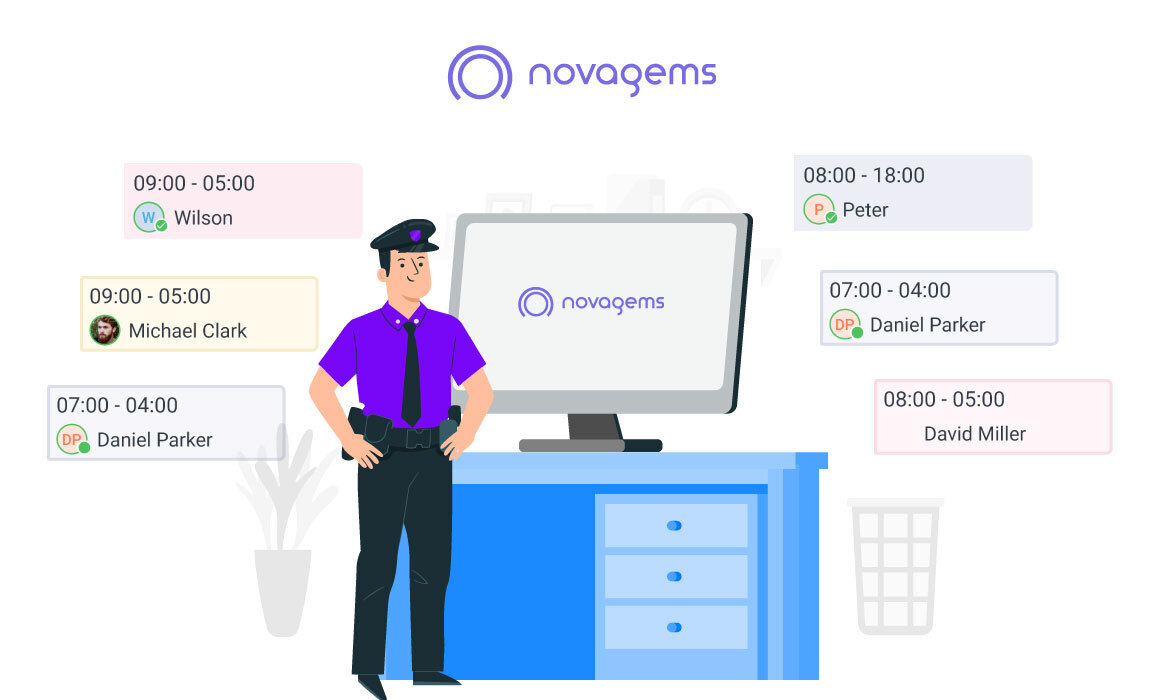Many network and communications software solutions safeguard computers against data breaches, malware, or cybercrime.
Business owners increasingly recognize that cybercrime is an issue they cannot ignore. Moreover, these cyber crimes are often costly, causing millions of dollars in damage to individuals and businesses alike.
Hackers are becoming more sophisticated and effective, so everyone needs to understand how they operate. It includes avoiding common online traps, such as password sharing and downloading malicious attachments.
Most successful cyberattacks (95%) result from human error, the most frequent source of security breaches. Most successful cyberattacks (95%) result from human error, the most frequent source of security breaches. Many people need to take adequate steps to ensure their digital security.
Cybercrime is a global issue and shows no signs of slowing down. On the contrary, it is a growing concern that can lead to significant financial loss, reputation damage, and time lost in recovering account data and restoring customer confidence.
More companies are turning to computer security service for their security needs as they recognize that it is vital to any sound IT strategy. This trend has been reflected in the recent demand rise for these services.
Businesses must develop strong cybersecurity measures to safeguard themselves against dangers as remote work and cyberattack both grow in popularity. Here are some cybersecurity facts and statistics to help you better understand why this is a big deal for businesses and individuals.
Invest in a good antivirus
Investing in a good antivirus ensures your computer’s and your data’s safety. In addition, it will help you avoid infections and other malware attacks that significantly impact your business.
Antivirus software is one of the first lines of defense against cyber threats such as viruses, malware, ransomware, and trojan horses. The best antivirus programs will offer real-time protection against these threats.
Viruses are computer software designed to spread from one computer to another and cause damage. Unfortunately, they can also collect your data, including bank account details and user IDs, so it is essential to install good antivirus software.
A good antivirus will protect you from viruses by analyzing incoming files and scanning them for malware before they can be accessed. The program will also clean up any viruses currently infecting your system.
Antivirus software is essential to protect your devices against viruses, which can encrypt files and data and even destroy them. It also helps prevent hackers from stealing your PII (personally identifiable information).
Antivirus software uses a combination of virus signatures, behavior detection, and other techniques to detect malware on your computer. It then quarantines or deletes the malicious code from your system.
Computer viruses are a real threat that is constantly evolving. So, installing good antivirus software is essential to prevent your computer from getting infected.
Install a good firewall
Installing a good firewall is essential to your security arsenal when keeping your computer and devices safe. Firewalls are software or hardware devices that monitor all network traffic and keep hackers from accessing your device.
Consideration should be given to several important issues when buying a firewall. These include price and budget, the type of firewall you need, and how many users it will support.
Install a good anti-spyware
Spyware is malware that collects information about you without your knowledge. It can include your web browsing habits, email, social media activity, etc.
Spyware can also be used to extort money via ransomware attacks. These are all serious threats to your data safety and privacy.
Anti-spyware software can protect you from spyware threats by scanning for and removing them. In addition, some tools offer heuristic-based if/then scenarios, detection, and signature-based scanning.
Spyware can be very dangerous because it monitors your online activities and collects your data. It can also steal credit card numbers and passwords.
In addition, spyware can damage your computer’s performance by tying up system resources and causing your computer to slow down or become unresponsive.
Installing good anti-spyware software on your computer is best to help prevent this type of threat. These programs regularly scan your computer to ensure no unwanted software is present. They also offer 24/7 privacy protection to ensure no one can access your personal information.
Anti-spyware software helps to protect your device by detecting and removing spyware from your system. It also prevents hackers from accessing your sensitive information and blocks unwanted advertising.
Anti-spyware software is the best way to protect yourself from spyware and other malware that can harm your computer system. It will also help you to keep your data safe and ensure privacy protection at all times.
Spyware is malicious software installed on your computer without your knowledge and is designed to collect personal information about you or your organization. It can include everything from your passwords to credit card details.
Install a good anti-malware
A good anti-malware is an essential part of your computer security arsenal. It scans your PC for malware and trojans and helps you remove them.
Malware is any software that can cause damage to your device or steal information from you.
The best anti-malware programs use various technologies to detect and remove malware. Some include advanced techniques.



